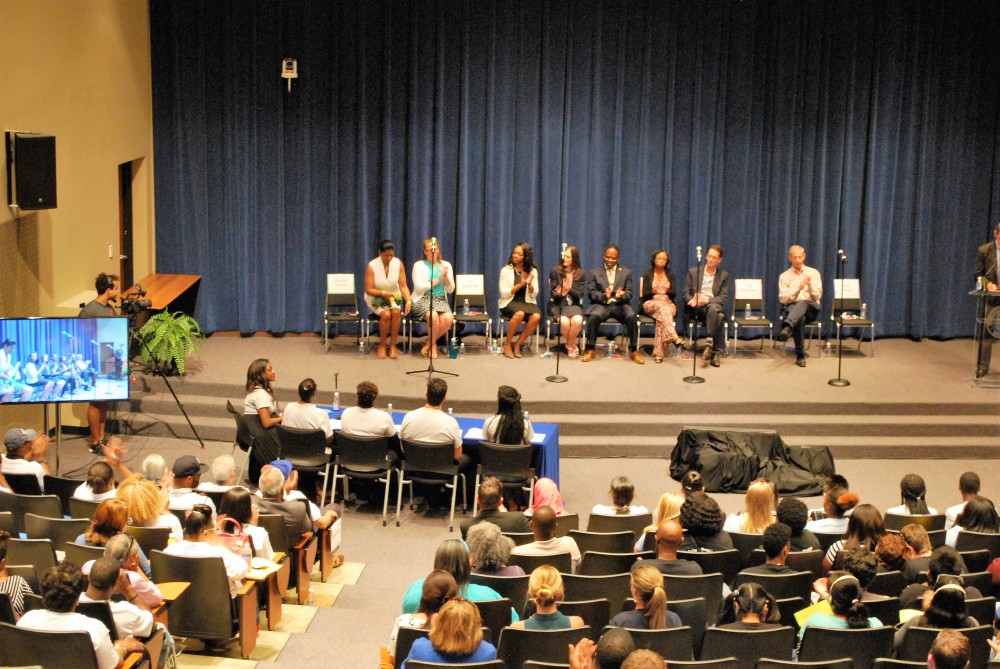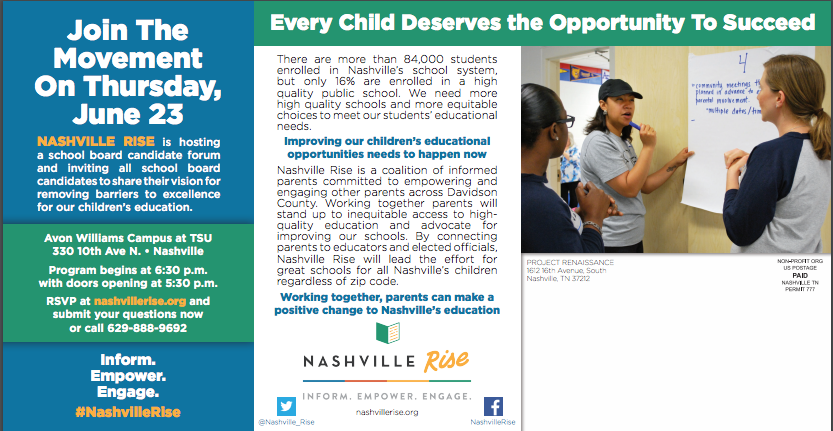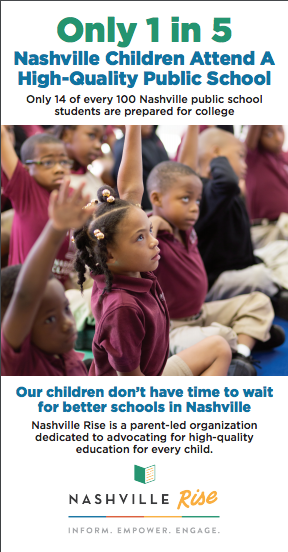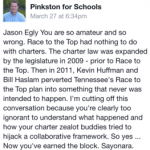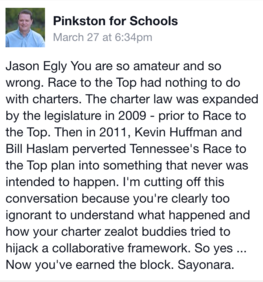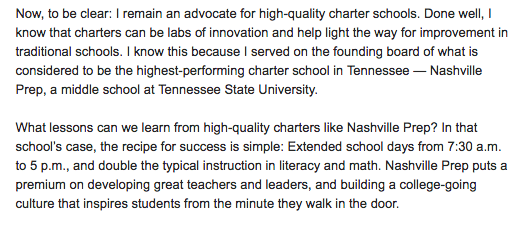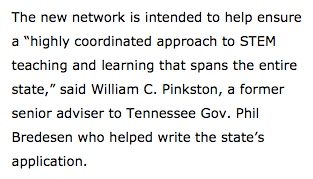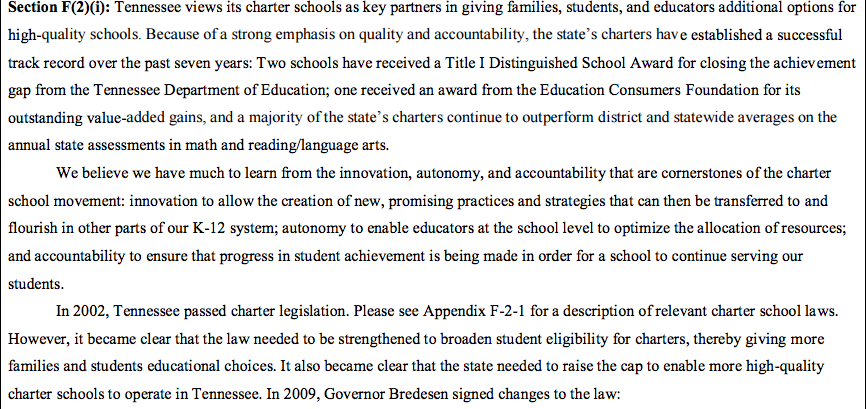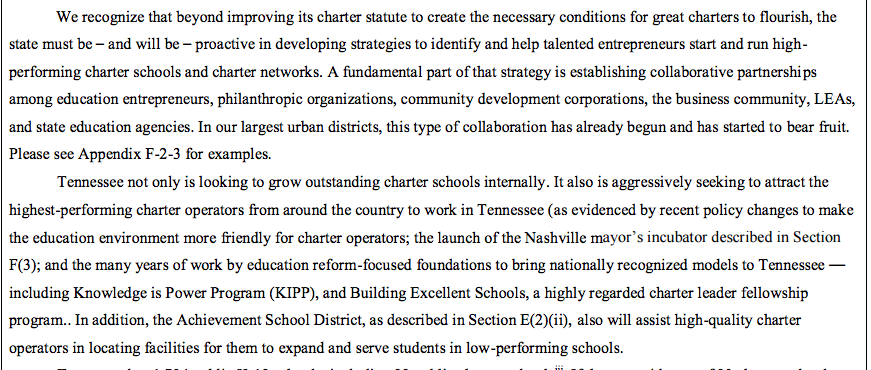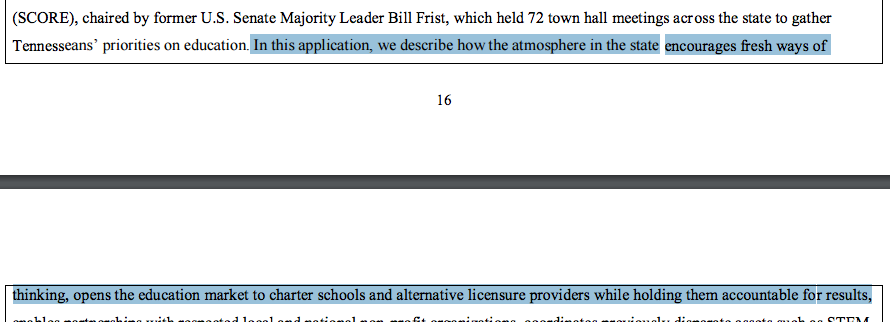Today, the Tennessean released their endorsements for the upcoming Nashville school board race. The endorsements bridge the gap between those who are viewed on different sides of the education debate in Nashville.
The endorsed candidates included both incumbents and challengers.
Early voting starts July 15 and Election Day is August 4.
District 1: Sharon Gentry:
The first search for a new director under her chairmanship failed to yield a new CEO. However, she showed wisdom, prudence and humility by pivoting and embracing the help of new Mayor Megan Barry and the Nashville Public Education Foundation the second time around to invest in a monthslong community-focused search that led to the hiring of Shawn Joseph in May.
As public officials become more experienced, they should show growth, and Gentry has done so and helped move the board in the right direction.
She deserves another term.
District 3: Jill Speering:
Jill Speering has served on the school board for a term and has made literacy her key priority. Her passion comes through.
An opportunity for growth is to work on ensuring that she is not beholden to the Metro Nashville Education Association and that she can be a voice for all students and parents.
She has occasionally aligned herself with other board members who have taken a hard line on charter school growth in the county. However, she has shown restraint by not engaging in social media verbal sparring and staying focused as an advocate for the educator’s point of view.
District 5: Miranda Christy:
The candidates show passion and a commitment to unifying the board and advocating for children’s interests, but attorney Miranda Christy showed the greatest promise as a future school board member.
Her combination of experiences serving on boards, advocating for quality education and being willing to engage in public discussion clearly and in productive ways make her candidacy stand out.
District 7: Will Pinkston:
Incumbent Will Pinkston brings a profound intellect and sharp political skills to the school board.
His passion for prekindergarten, English language learners and greater funding for schools has helped move the needle on these important issues.
However, this endorsement came reluctantly and painstakingly because of Pinkston’s behavior on social media, where he has used his platform to bully, demean and intimidate critics and adversaries, real or perceived.
The Tennessean expects much more of elected officials, especially those who are advocating for the children of our community.
So do the residents of Nashville, whose children probably would be tossed out of classrooms if they displayed some of the behavior we have seen.
District 9: Thom Druffel:
Aside from extensive business experience, he has been a volunteer in Big Brothers Big Sisters and with the innovative Academies program at Nashville high schools, which gives students vocational training in addition to a liberal arts education.
He also has served on several nonprofit boards, which gives him deep insight into how to operate on a board. His temperament is such that he will show respect and discipline to fellow board members, MNPS staff and the public.
It should be noted that The Tennessean walked through the reasoning behind not endorsing Amy Frogge, the only incumbent in the race not endorsed by the Tennessean.
A passionate parent and attorney, Frogge also has served as a disruptive force unwilling to step outside her box and has shown a pattern of being responsive and respectful only when constituents agree with her.
Whether it involves social media behavior like writing acerbic posts and deleting comments that are critical of her, this behavior is not conducive to productive community engagement.
During the 2015 Project RESET initiative by the Nashville Public Education Foundation to restart the conversation on public education priorities, Frogge refused to review the research regarding proposed improvements to MNPS and questioning the firm The Parthenon Group’s credibility.
By not reviewing the material before leveling the public criticism, she missed an opportunity to show that she was open to being engaged by ideas that might challenge her viewpoint.
During the 2016 MNPS director search, her motion to add a candidate after six finalists had already been interviewed threatened to torpedo the delicate process for a school district reeling from one failed search. One finalist dropped out.
To her credit, she agreed to support the final outcome that led to Shawn Joseph’s hiring.
For more on education policy and politics in Tennessee, follow @TNEdReport.
